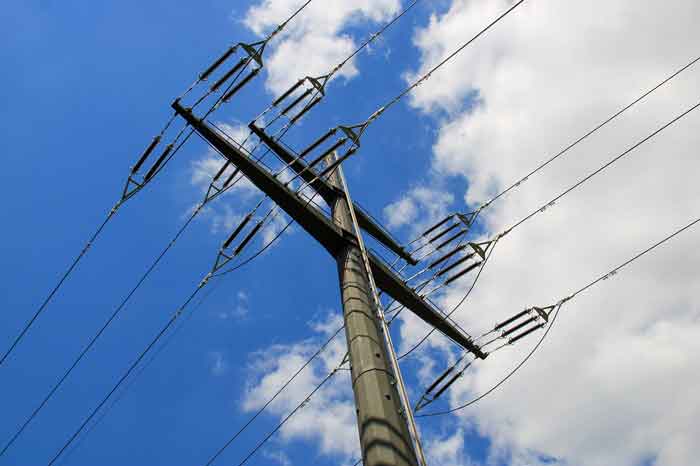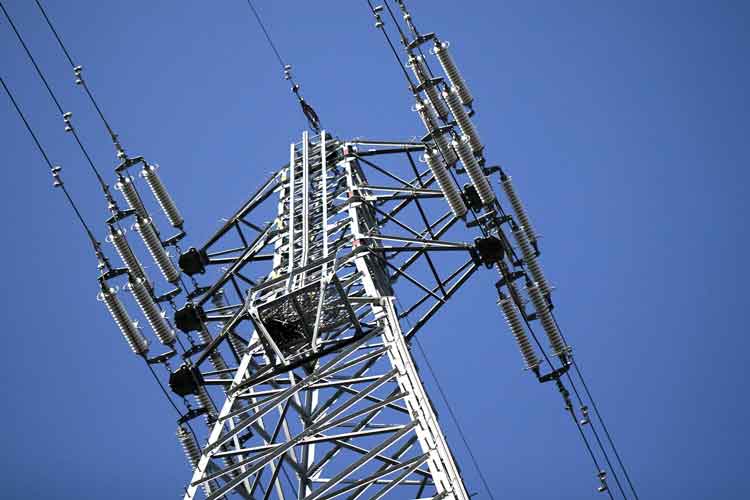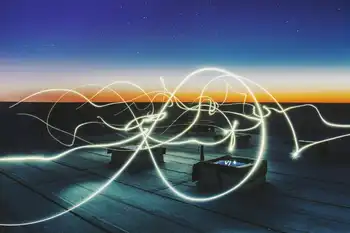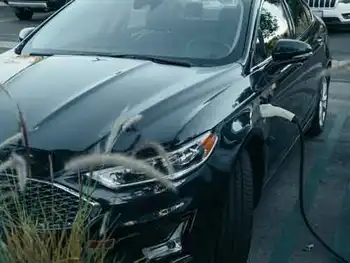Florida Energy Commission Studies Possibilities for Electricity Generation
- Heading into the home stretch for its final report due on Dec. 1, a sub-committee of Gov. Jeb Bush's Florida Energy 2020 Study Commission will consider a draft report today ironing out details about how out-of-state companies could start operating merchant plants in Florida to generate electricity.
"We're the only state not to allow competition now, and we're deliberating how to get there," commission chairman Walter Revell said Monday.
That's the focus of the draft reports that the commission will be considering. "The main question is the transition plan," Revell said.
In January, the commission issued an interim report urging the Legislature to approve merchant plants as the first step to deregulate the state's electric utilities. Legislators, fearful of the disaster of brownouts caused by reforms in California, refused to consider the issue.
The interim report recommended a transition period of six years. Now, to ease the objections of utilities, the commission is considering a longer transition, along with possible measures to make sure that the state's investor-owned utilities have a "level-playing field" with the out-of-state operators, Revell says.
The commission previously decided to push ahead with this wholesale deregulation of electricity while avoiding the more complicated issue of retail deregulation in which each customer could choose his electric company.
"You can't have retail without wholesale, and right now we don't have wholesale," Revell said.
Florida Power & Light, the state's largest electric company, didn't want to comment on the working drafts. "We will wait and see the final report," said spokesman Bill Swank. "A lot could change before then."
Related News
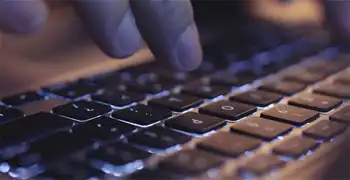
Criminals posing as Toronto Hydro are sending out fraudulent messages
TORONTO - Toronto Hydro has sent out a notice that criminals posing as Toronto Hydro are sending out fraudulent texts, letters and emails.
The warning comes in a tweet, along with suggestions on how to protect yourself from fraud.
According to Toronto Hydro, fraudsters are contacting people by phone, text, email, fake electricity bills, and even travelling door-to-door.
They threaten to disconnect the power unless an immediate payment is made. The website states that in some cases, criminals request payment via pre-paid credit card or bitcoin.
It’s written on the website that Toronto Hydro does not accept these methods of payment, and they do…

